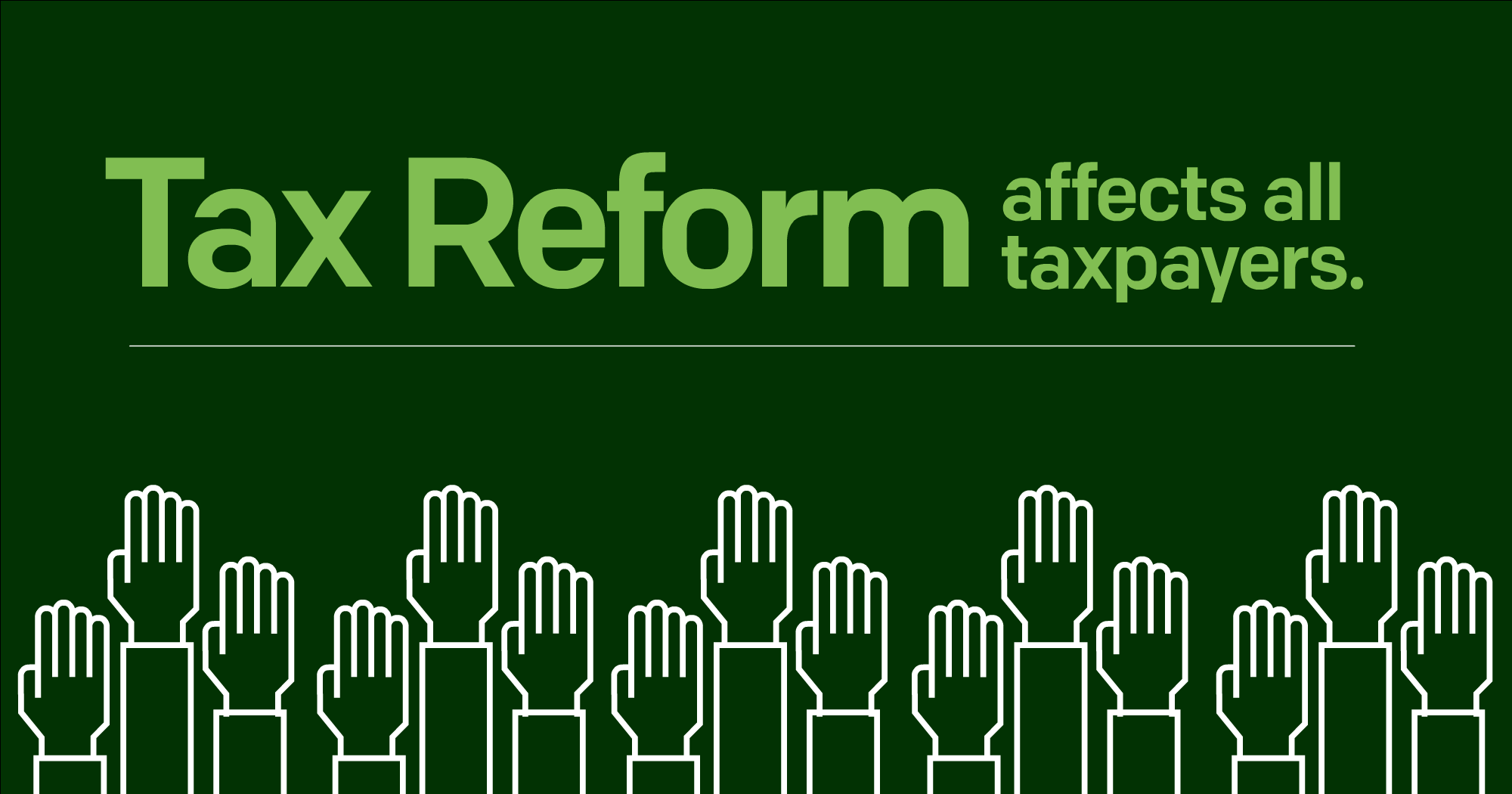

Any trade or business where the "principal asset.

Dealing in securities, partnership interests, or commodities.Real estate brokers, for example, are excluded. Brokerage services - This only has to do with securities.Financial services - such as financial advisors, investment managers, and investment bankers.Performing arts - However, broadcasters are generally excluded.Law - specifically lawyers, paralegals, legal arbitrators, and mediators.
 Health - including doctors, pharmacists, nurses, dentist, and more. This list provided by the IRS includes businesses that perform services the following fields: For example, if you own an S-corporation and receive a salary of $50,000 as W-2 wage income and separately receive $100,000 as business profits, you can't deduct the wage income portion.įinally, owners of "specified service businesses" cannot use the pass-through deduction if their income exceeds certain thresholds. In other words, if any of the income from the pass-through business is wage income, that portion cannot be deducted. To claim the deduction, the taxpayer may not be performing services as an employee. Any S-corporation, partnership, or trust that owns an interest in another pass-through business. Income from rental properties (Including income passed through from REITs). Generally speaking, this includes most business income not derived from ownership in a corporation.įor a little more color, pass-through income includes (but isn't necessarily limited to):
Health - including doctors, pharmacists, nurses, dentist, and more. This list provided by the IRS includes businesses that perform services the following fields: For example, if you own an S-corporation and receive a salary of $50,000 as W-2 wage income and separately receive $100,000 as business profits, you can't deduct the wage income portion.įinally, owners of "specified service businesses" cannot use the pass-through deduction if their income exceeds certain thresholds. In other words, if any of the income from the pass-through business is wage income, that portion cannot be deducted. To claim the deduction, the taxpayer may not be performing services as an employee. Any S-corporation, partnership, or trust that owns an interest in another pass-through business. Income from rental properties (Including income passed through from REITs). Generally speaking, this includes most business income not derived from ownership in a corporation.įor a little more color, pass-through income includes (but isn't necessarily limited to): #TAX CUTS AND JOB ACT S CORPORATION 20% CODE#
tax code allows owners of certain types of pass-through businesses to deduct as much as 20% of their business income. What types of income are considered "pass-through?"







 0 kommentar(er)
0 kommentar(er)
